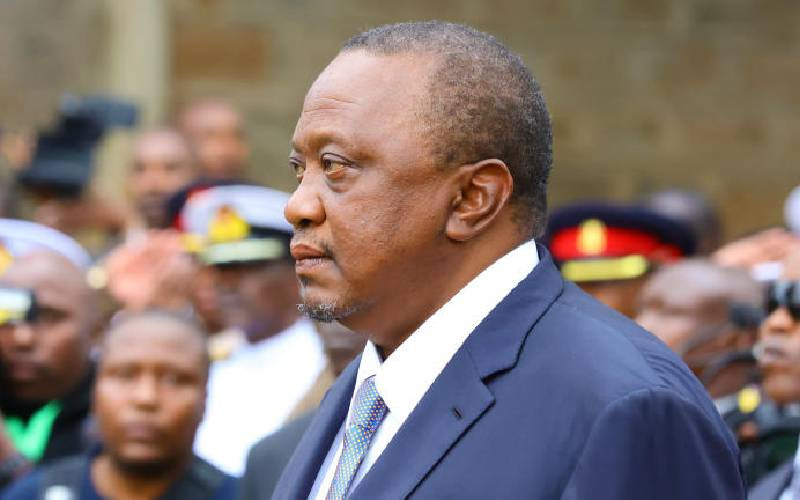×
The Standard e-Paper
Home To Bold Columnists

Despite its vast economic potential, Africa may soon be on the throes of doom as self-rule slowly turns into self-ruin.
Bad decisions by overbearing leaders have cast pale shadows, with needless conflicts in parts of the continent endangering stability, growth and human development.